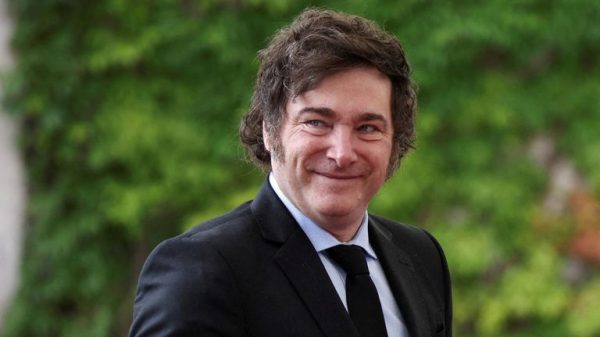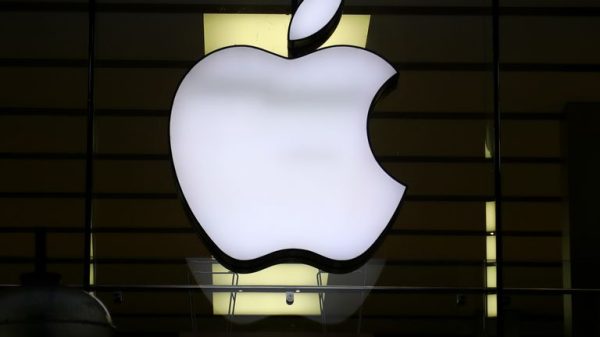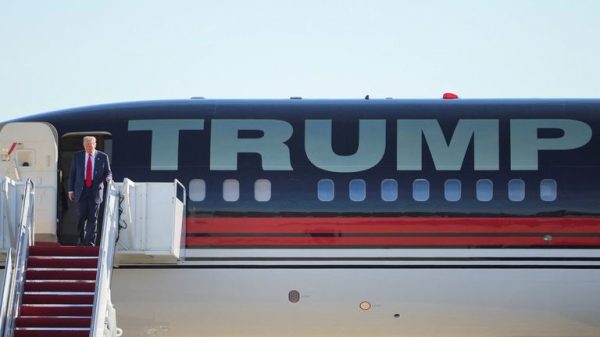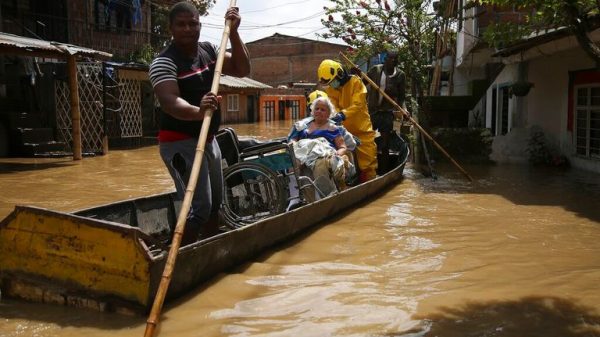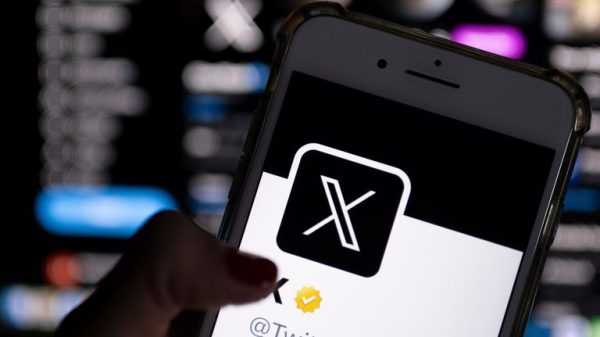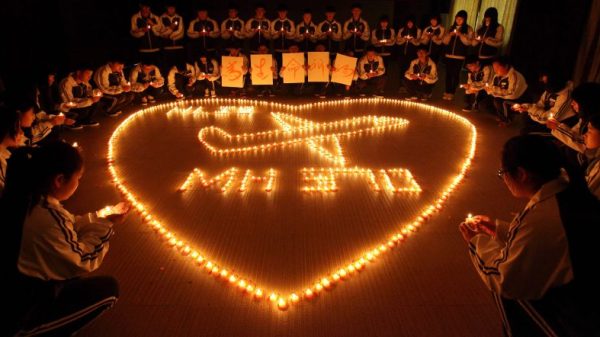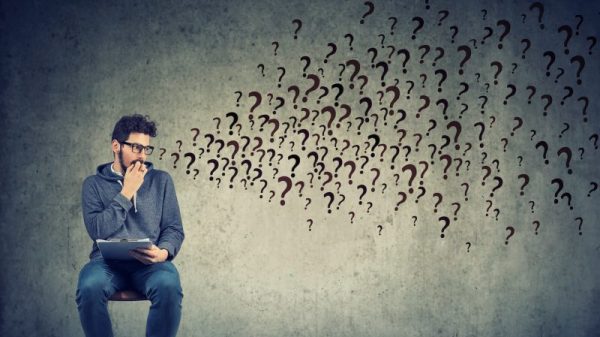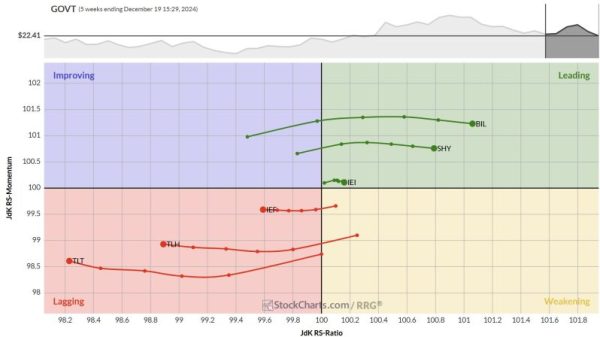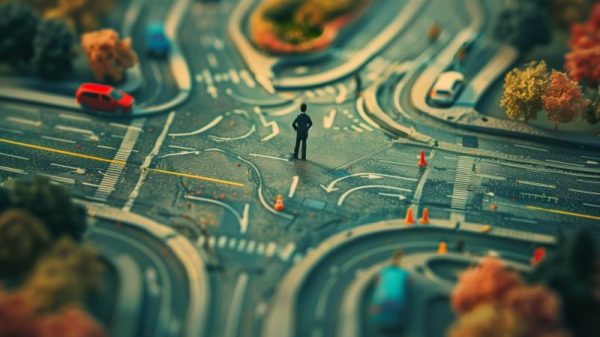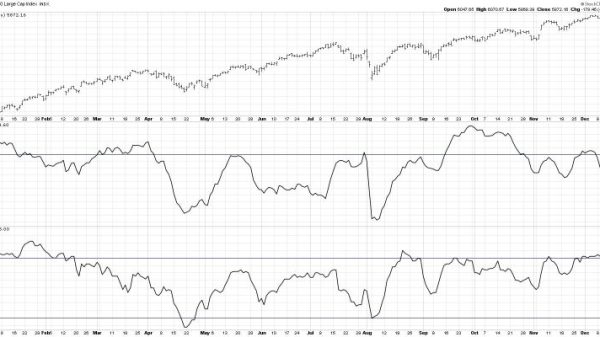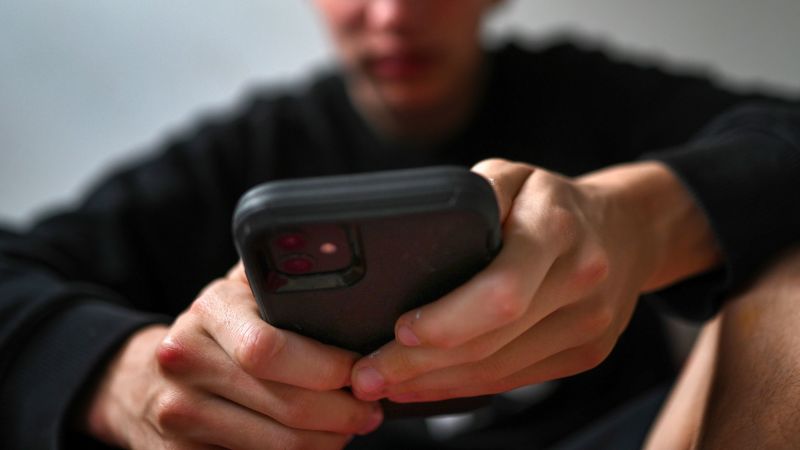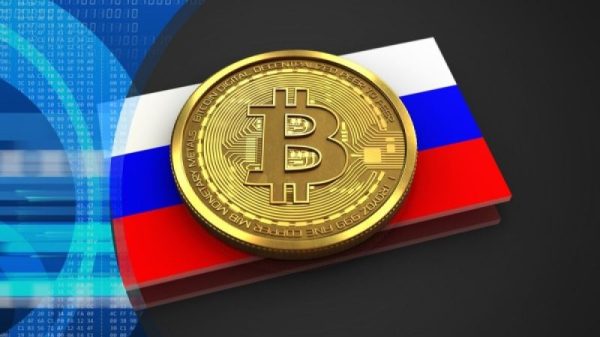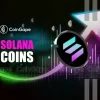Australia’s parliament has passed a world-first law banning social media for children under 16, putting tech companies on notice to tighten security before a cut-off date that’s yet to be set.
The Senate approved the social media ban late on Thursday, the last sitting day of the year, following months of intense public debate and a rushed parliamentary process that saw the bill introduced, debated and passed within a week.
Under the new law, tech companies must take “reasonable steps” to prevent under-age users from accessing social media services or face fines of nearly 50 million Australian dollars ($32 million).
It’s the world’s toughest response yet to a problem that has seen other countries impose restrictions but not hold companies accountable for breaches of a nationwide ban. The ban is expected to apply to Snapchat, TikTok, Facebook, Instagram, Reddit and X, but that list could expand.
Prime Minister Anthony Albanese told legislators that “every serious government” was grappling with the impact of social media on young people, and the leaders he’d spoken to had applauded Australia’s initiative on the issue.
“We know that social media can be a weapon for bullies, a platform for peer pressure, a driver of anxiety, a vehicle for scammers. And worst of all, a tool for online predators,” he told Parliament on Monday.
Defending the age limit of 16, he said children at that age are better able to spot “the fakes and the danger.”
The bill was backed by most members of Australia’s main opposition party, the Liberal Party, with Liberal Sen. Maria Kovacic describing it as a “pivotal moment in our country.”
“We have drawn a line in the sand. The enormous power of big tech can no longer remain unchecked in Australia,” she said Thursday before the vote.
But it met fierce opposition from some independents and smaller parties, including Greens Sen. Sarah Hanson-Young, who accused the major parties of trying to “fool” Australian parents.
“This is a disaster unfolding before our eyes,” she said. “You couldn’t make this stuff up. The prime minister says he’s worried about social media. The leader of the opposition says, ‘Let’s ban it.’
“It’s a race to the bottom to try and pretend who can be the toughest, and all they end up with is pushing young people into further isolation and giving the platforms the opportunity to continue the free-for-all, because now there’s no social responsibility required.
“We need to make social media safer for everybody.”
A rushed process
The government has faced considerable criticism for the speed of the legislation.
Submissions to a Senate committee inquiry into the bill were open for just 24 hours before a three-hour hearing on Monday. The inquiry report was released Tuesday, and the bill passed the lower house on Wednesday – 102 votes to 13 – before progressing to the Senate.
More than 100 submissions were made and “almost all submitters and witnesses expressed grave concerns that a bill of such import was not afforded sufficient time for thorough inquiry and report,” the committee said in its report.
However, the committee recommended that the bill be passed with some changes, including prohibiting the use of government documents, such as passports, to verify users’ age.
In their submissions, tech companies raised issues with the law, pointing to arguments from opponents about privacy risks and the dangers for children who circumvent the ban.
Snap Inc., whose messaging app Snapchat is popular with children, said “device-level age verification” was the “best available option.”
X, owned by billionaire Elon Musk, said the platform was “not widely used by minors” but expressed concern about the law’s impact on their freedom of expression.
Meta, owner of Facebook and Instagram, said it had steadily invested in tools to make the platform safer, and “strongly” recommended that the government wait for the results of age assurance trials, which are expected next year.
Meta’s submission said that excluding YouTube and online gaming from the ban was “fatal” to its purpose, because they offer “similar benefits and risks” as other platforms subject to the ban.
Despite those objections, surveys suggest Australians back the law.
A poll by YouGov conducted this month showed that 77% of Australians support the under-16 ban. The survey was conducted in the second half of this month and sought the views of 1,515 people with a margin of error of 3.2%.
Now the law has passed, consultation is expected to take place before the government sets a switch-off date. After that, all children under 16 with accounts on social media platforms subject to the ban will have them deactivated.
Parents and children won’t be penalized for flouting the ban, but companies will need to show that they’ve taken reasonable steps to keep under-age users off.






